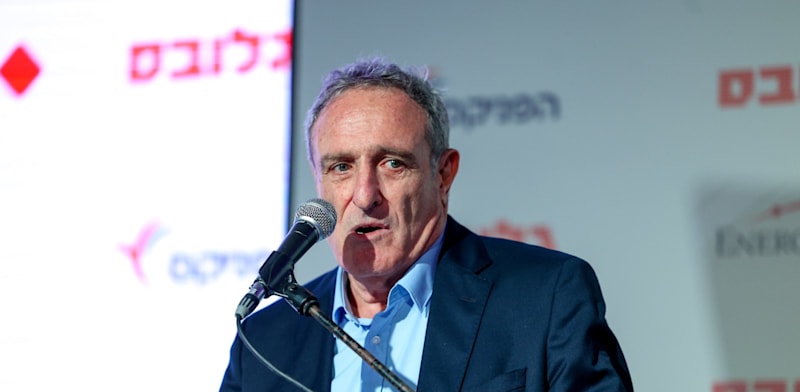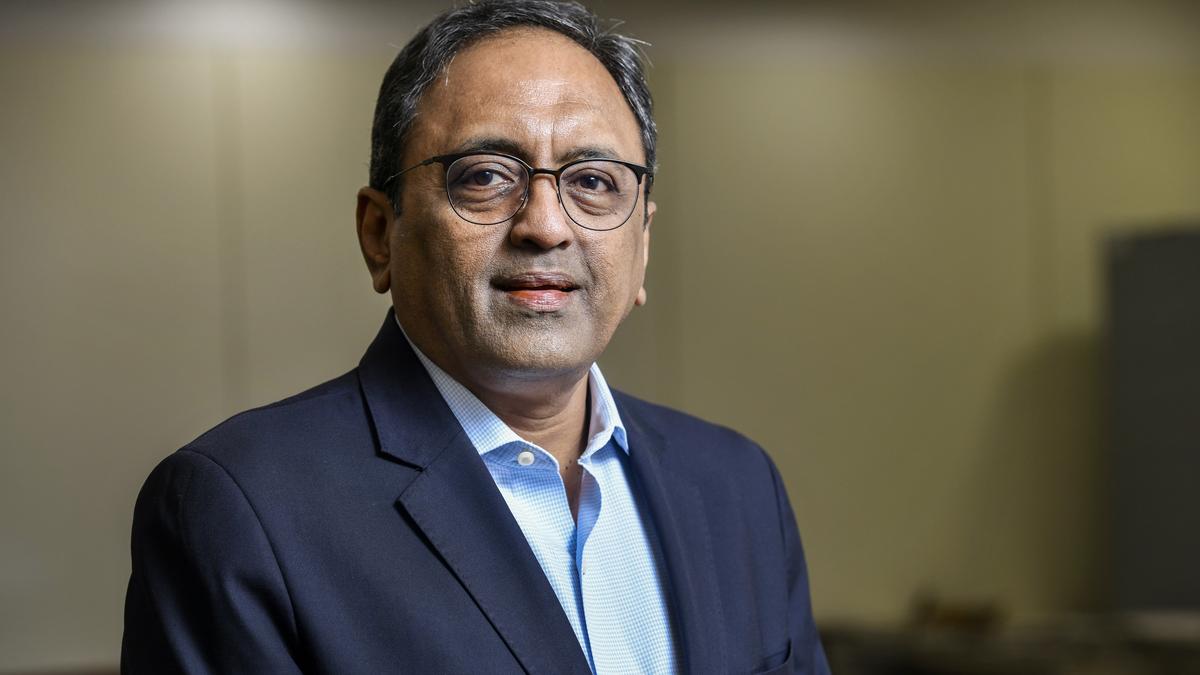
Bank Hapoalim chairperson Reuven Krupik spoke at the gala opening of the Globes Israel Business Conference last night, sharing his perspective on what’s happening in the Israeli economy and how it can be put on a path of sound growth in the near future.
“This is my opportunity to share with you some thoughts on a few economic and social principles that aren’t necessarily quantifiable,” Krupik said at the opening of this remarks.
“The state of the economy may be more complicated than it looks, but a focus on dealing with a few basic problems will lead the economy to sound growth. In my conversations with colleagues and friends, it emerges that there’s tension: tension between the robust appearance of the economy today, and the not so positive economic metrics, such as the debt to GDP ratio, the fiscal deficit, and the recent credit rating downgrades.
“We generally tend to examine economic situations using paradigmatic models or on the basis of past experience, whereas the reality taking shape today is different.”
“Extreme scenarios”
“Financial institutions like us are obliged to conduct tests of extreme scenarios. But extreme scenarios were not designed, and are not able, to take into account social factors, such as the consequences of the robustness of the democratic process for economic growth, significant movement in the balance of migration, and economic policy that stimulates growth, ” Krupik continued. “Social and political developments are liable to create a chain of events and cause the economy to diverge from the scenario.”
“Israel at a watershed”
On geopolitical developments, Krupik said, “With the ceasefire agreement in the north, which for me gives hope of a future agreement in the southern sector as well and the necessary deal to bring back our hostages, it seems that Israel is at a watershed.
“These are some of the most complex and important times that Israel’s leaders and society have faced. At this critical point, we need to rethink economic metrics and principles that in the past we took for granted. These times demand caution in making decisions that could upset the delicate social balance required here. The great advantage of the point at which we find ourselves is that it is possible to isolate and identify the chief issues that need to be dealt with.”
The Bank Hapoalim chairperson named two main issues. “First of all, the discrimination in the distribution of the burden between populations. This is an outstanding element, and it needs to be fixed. I’m not just talking about obvious instances, such as the failure to draft whole sections of the population into the army.
“It also applies to differential participation in the workforce, or encouragement of state support as an alternative to income from work, or low prioritization of efforts to close social gaps.”
Another issue that Krupik mentioned was the way decisions are made. “Reliance on one-sided legislation without examination or consensus, selective fiscal policy, preferential treatment for certain sectors, and politically oriented budgetary prioritization – all these things will distance us from the growth and welfare goals that this loyal people deserves.
“These issues make the chances of economic recovery much lower. As long as they are not dealt with, they will mean a greater burden on families, for the financing of rehabilitation programs. These complexities can be dealt with. They can be fixed and rebalanced in ways and using tools most of which have been successfully employed in economic crises in the past.”
“A divisive message redoubles weakness”
Krupik’s message was unambiguous: “We need deep reform in society and in the economy,” he said, “reform that will make possible optimistic, constructive long-term planning. The first step in this reform is the restoration of open, non-adversarial discourse to the public debate. Divisive discourse only redoubles weakness, and, worse than that, it means the loss of ideas.”
Krupik concluded by saying that to the beginning of the process of ending the fighting and restoring quiet “must be added a process of restoring rational thinking and striving for unity.”
The Globes Israel Business Conference is held in collaboration with Bank Hapoalim and The Phoenix Holdings, and is sponsored by El Al, Bezeq, Nespresso, Wolt, Dell, the Israel Medical Association, Energean, the Jewish National Fund, BlackRock, Playtika, Meta, Strauss Group, BAZAN Group, and MSCI, with the participation of Mekorot, The Port of Ashdod, and the Israel Innovation Authority.
Published by Globes, Israel business news – en.globes.co.il – on December 3, 2024.
© Copyright of Globes Publisher Itonut (1983) Ltd., 2024.







Leave a Comment